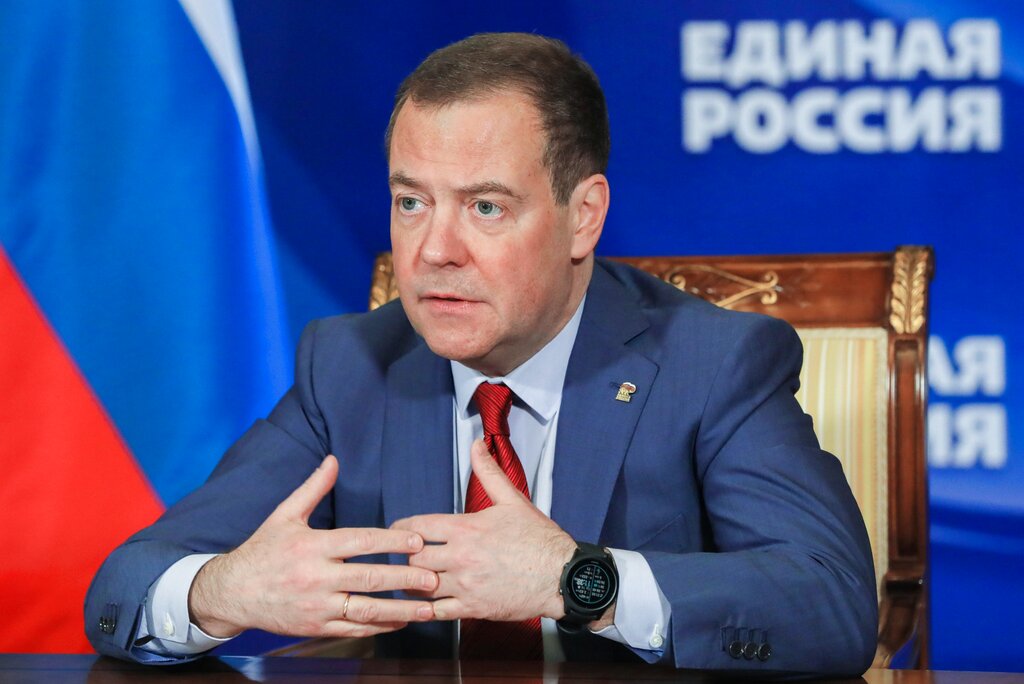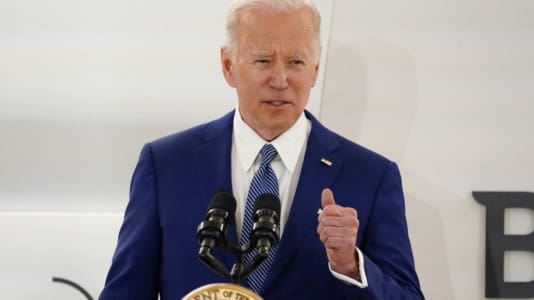In his article published on the Telegram messaging app, Dmitry Medvedev, the former Russian President and current deputy chairman of the Security Council of the Russian Federation, accused Poland of long-lasting Russophobia and harshly criticized Polish politicians. Medvedev also criticized Polish Prime Minister Mateusz Morawiecki’s plan to “de-putinize” the Polish economy and claimed that it would be a very costly process for Poland.
“Polish propaganda features the most heinous, vulgar and outspoken criticism of Russia. It is a community of political imbeciles,” wrote the former Russian president and current head deputy head of the Russian Security Council.
The expert from Warsaw’s Eastern Studies Center Wojciech Konończuk pointed out that Medvedev attacked not just the Polish government, but the entire Polish elite.
“The main conclusion to be drawn from this, is that the Kremlin appreciates the role Poland currently has, including lobbying for new EU sanctions and mobilizing the Western world to respond to the Russian invasion,” he said. He believed that Medvedev expressed the frustration of Russian elites of which he is a part of.
Konończuk added that the image of Poland depicted in the text is very common in Russian propaganda and is nothing new.
The former president of Russia also referred to revisionist history in which Soviet soldiers had defeated fascism and drove the German invaders out of Polish cities. Medvedev additionally claimed that the interests of Polish citizens were sacrificed in the name of the Russophobia of “talentless politicians and their puppets from across the ocean who are showing clear signs of elderly dementia.”
Konończuk pointed out that Poland has been a whipping boy in Russian media for a long time, even prior to the war. In the Russian narrative, the entire west is evil and Poland is one of the main perpetrators of alleged anti-Russian policy.
He noted that Medvedev’s claims were swiftly picked up by Russia’s largest media agencies. In his opinion, this means that the text was created mainly for internal use to portray the West as the ones which declared war on Russia.





